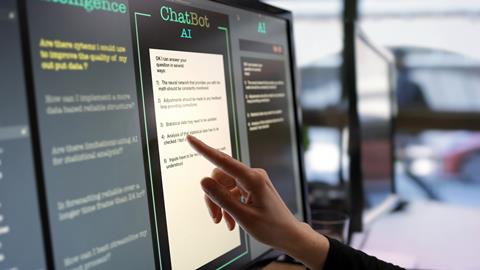
County Down-based meat and plant-based supplier Finnebrogue is to trial a generative AI chatbot which will answer employee questions on allergens.
The company is working with supply chain management tech firm Foods Connected and a team from Queen’s University Belfast on the project, which will mean the supplier can make “informed, data-driven decisions more quickly and efficiently”, Finnebrogue’s research, development & technical director Declan Ferguson said.
“This initiative is a significant step forward in ensuring that we remain at the forefront of technological advancements in the food industry,” he added.
The initial focus of the project will be on soya, and the creation of a machine learning model to scrutinise a global library of soya samples and recipes “faster and more precisely than a human can”.
“Through our project, users will be able to ask the chatbot, ‘What recipes contain soya as an allergen?’ The outputs and responses will then be able to help users determine what products they produce contain soya or any other allergen significantly faster than they can today”, explained Dr Stephanie Brooks, head of research & innovation at Foods Connected.
“Currently this involves manually checking and validating numerous product specifications, which is a timely exercise.”
In time, the chatbot will use the data library to respond to questions about the origin of different soybean supplies, some of which have been linked to deforestation and environmental destruction.
A concurrent project will see UK food authentication solution provider Bia Analytical use the machine learning model to develop “a cost-effective rapid test for soya origin” which can be used “in the field or factory” by Finnebrogue to validate the origin of the soya it procures.
“This knowledge will enable manufacturers and retailers to make critical informed instant decisions at the time of sampling about the impact of soya bean origins on their sustainability commitments,” said Simon Cole, CEO, at Bia Analytical.
This will be particularly relevant as EU and UK regulation aimed at tackling deforestation in global soy supply chains is fast approaching, with businesses expected to provide evidence that the soy used in their products or manufacturing processes came from deforestation-free land.
“Soybean is known as one of the most important grain crops and commodities for economic development. However, it is usually criticised for its close link with deforestation in some key environmentally sensitive areas,” said Dr Di Wu, lecturer in metabolomics and biomarkers discovery at Queen’s University Belfast.
This initiative will therefore “enable the industry partners and end users to tell where the soybeans are sourced from and serve for tracking and tracing purposes of the soybean geographic origin”, Wu said.
The project is backed by the government-funded innovation agency Innovate UK.



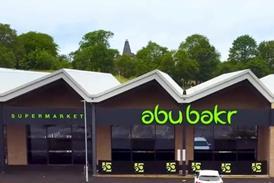



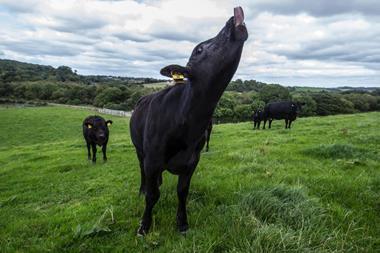

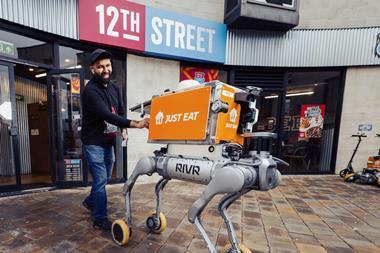
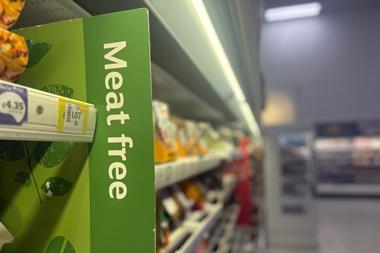
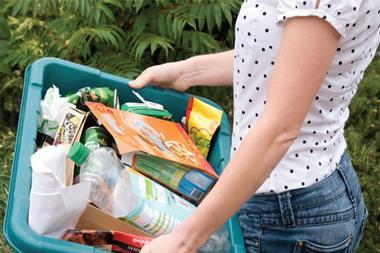



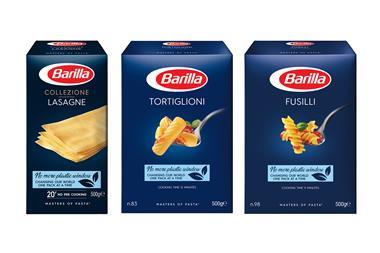
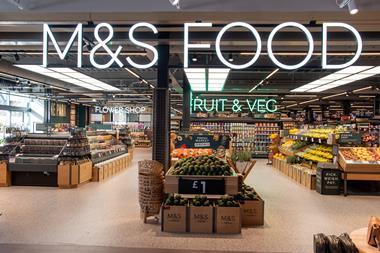


No comments yet